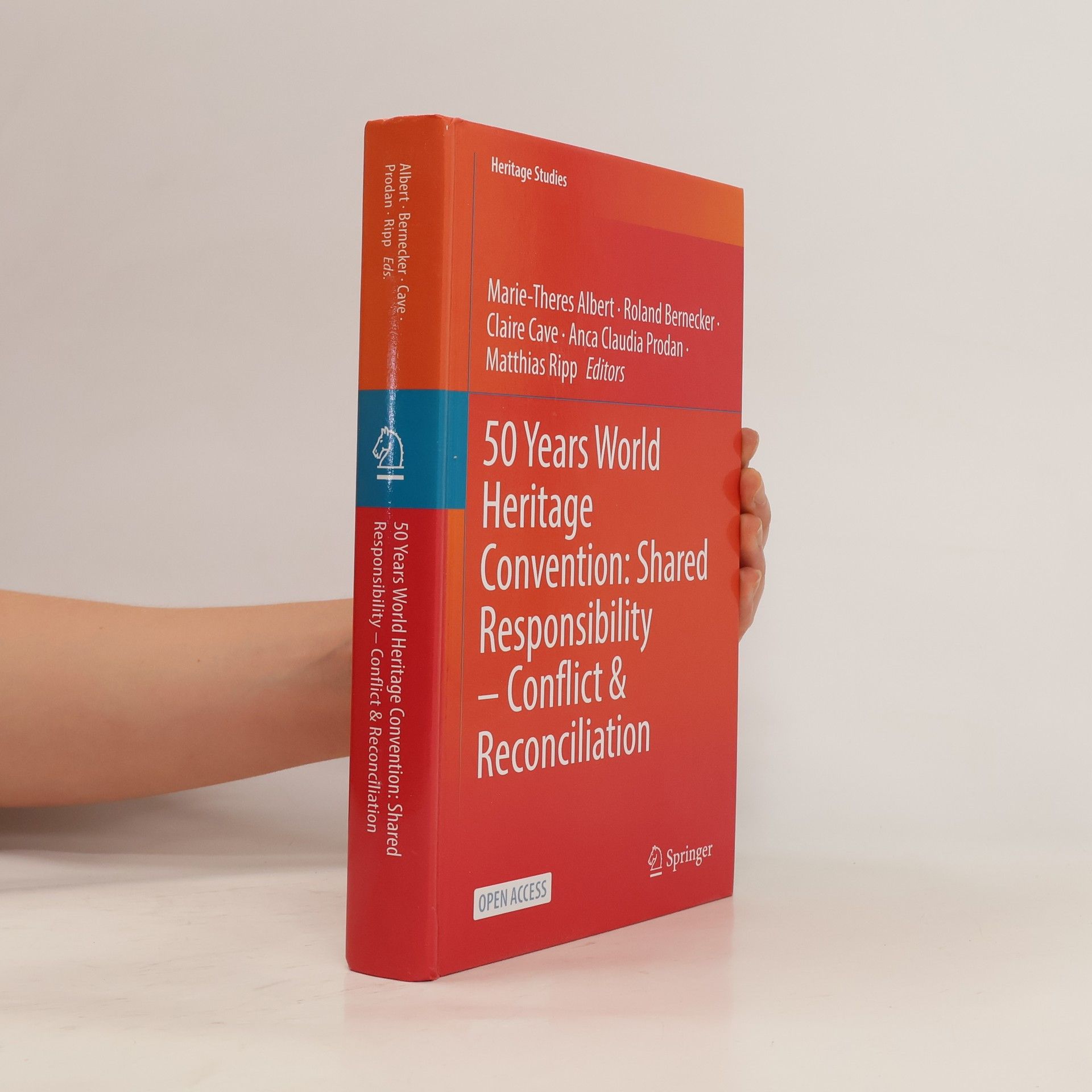This open access book identifies various forms of heritage destruction and analyses their causes. It proposes strategies for avoiding and solving conflicts, based on integrating heritage into the 2030 Agenda for Sustainable Development. It reflects on the identity-building role of heritage, on multidimensional conflicts and the destruction of heritage, and considers conflict-solving strategies and future perspectives. Furthermore, it engages theoretically and practically with the concepts of responsibility, reconciliation and sustainability, relating mainly to four Sustainable Development Goals, i. e. SDGs 4 (education), 11 (e. g. World Heritage), 13 (climate action) and 17 (partnerships for the goals). More than 160 countries have inscribed properties on the UNESCO World Heritage list since the World Heritage Convention came into force. Improvements in the implementation of the Convention, such as the Global Strategy for a Representative, Balanced and Credible World HeritageList, have occurred, but other conflicts have not been solved. The book advocates for a balanced distribution of properties and more effective strategies to represent the global diversity of cultural and natural heritage. Furthermore it highlights the importance of heritage in identity building.
Roland Bernecker Livres



Kultur und Freiheit
Beschreibung einer Krise
Die Initiative »Education First«, mit der der UN-Generalsekretär Ban Ki-moon »Education for Global Citizenship« zu einem der drei prioritären Bildungsziele weltweit erklärte, gab die Anregung zu diesem Buch. Aber wie soll eine solche Bildung aussehen? Kann man Weltbürgertum – oder besser: Weltgemeinschaft – lernen? Und wo findet eine solche Bildungspraxis in welcher Form statt? Internationale Autoren befragen das Potenzial dieses Vorhabens und betrachten die in vielen »kleinen Kosmopolitismen« schon praktizierte Weltgemeinschaft aus der Perspektive der Wissenschaft, der Politik, der zivilgesellschaftlichen Organisationen, der Künste, des Sports und der Philosophie. Von der olympischen Idee (Thomas Bach) ist ebenso die Rede wie von digitalen antiken Quellensammlungen (Perseus-Projekt, Gregory Crane), von der Notwendigkeit eines »Weltgewissens« (Karl-Josef Kuschel) und den Schwierigkeiten supranationaler Verständigung (Chandran Nair, William E. Scheuerman). Leider ist nur wenigen, wie dem Astronauten Reinhold Ewald, vergönnt, aus dem All einen Blick auf die Welt zu werfen. Von dort »erschließt sich das ›Raumschiff Erde‹ in all seinen Abhängigkeiten und Zusammenhängen und zwingt dazu, global zu denken.« Global Citizenship ist der vierte Band der Reihe Perspektive Außenkulturpolitik, die aktuelle Themen der Auswärtigen Kultur- und Bildungspolitik beleuchtet.